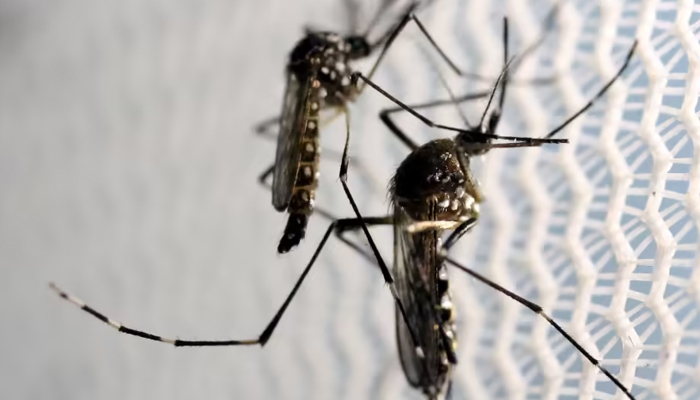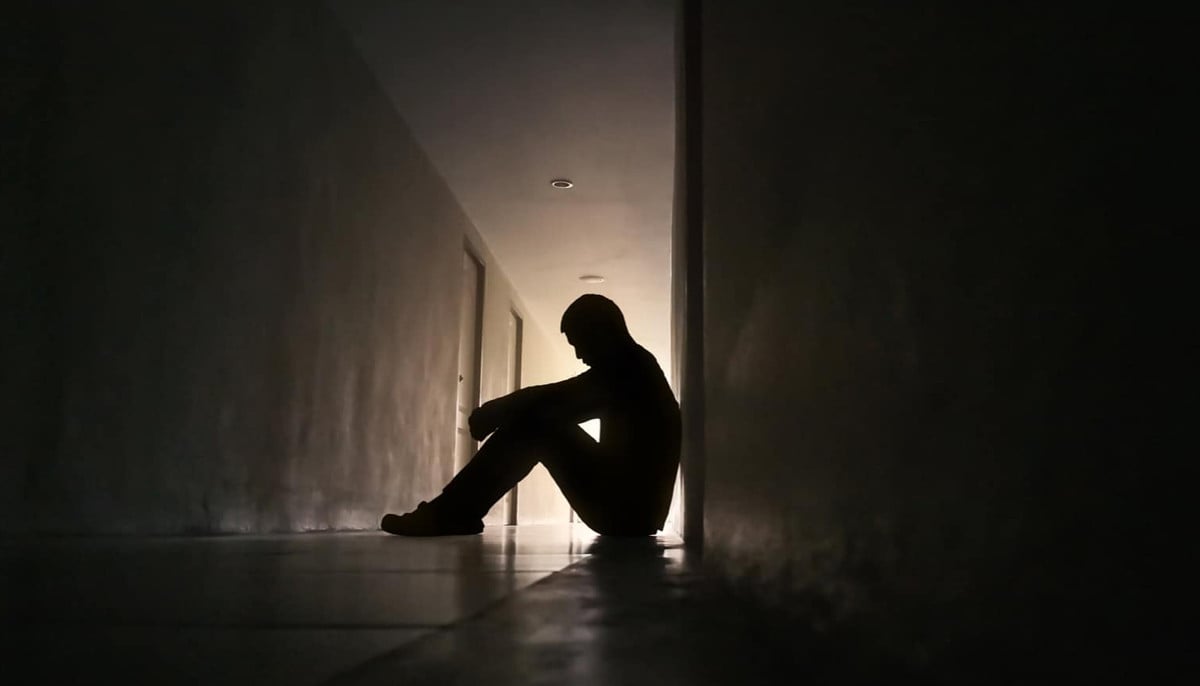What is Chikungunya virus and how is it rapidly spreading in Karachi?
Chikungunya spreads through bites of infected "Aedes aegypti" and "Aedes albopictus" mosquitoes
As other Asian countries are suffering through the climate change crisis, Pakistan is on the same track where the summers are getting harsher and winters are becoming milder with the passing of every year.
According to The Lancet, due to the rising temperatures, the region including Pakistan is observing and going through an outbreak of many arboviral diseases such as malaria, dengue and now the mosquito-borne Chikungunya viral.
The city of Karachi has been facing the brunt of this disease with a surge in Chikungunya cases since at least May this year, with hospitals in the port city reporting countless suspected cases of the virus on the daily.
What even is the disease and how rapidly is it spreading among the people of Pakistan's largest city?
What is Chikungunya virus and how does it spread?
Chikungunya is a mosquito-borne viral disease that spreads through the bite of infected "Aedes aegypti mosquitoes" and "Aedes albopictus mosquitoes", according to Cleveland Clinic.
If a mosquito carrying the virus bites a person, the virus is transmitted to that person.
But if a non-infected mosquito bites an infected person, it acts as a carrier of the virus by sucking it from that person’s bloodstream and transmitting it to others through bites.
Al Jazeera reports that according to health authorities, the risk of Chikungunya spreading through a carrier mosquito is the highest in the first week after infection.
These mosquitoes also carry and spread the dengue and the Zika virus.
How severe is outbreak in Karachi?
A spokesperson of the Sindh Health Department stated that this year, from May to September, 172 positive cases of Chikungunya were reported in Karachi, whereas 956 suspected cases of the viral disease were reported. Of the 956 suspected, 713 were tested.
A report from the Aga Khan University Hospital revealed that Chikungunya is being reported particularly among the elderly and diabetic patients.
Symptoms
According to the Centres for Disease Control and Prevention, symptoms of the Chikungunya virus begin three to seven days after the virus is transmitted to the human body.
The most common signs of the disease are fever and joint pain while other symptoms include headache, muscle pain, swelling of the joints and rash on the body.
CDC adds that people with Chikungunya feel better within a week of infection however, the joint pain can be severe and might continue for months.
The rashes from the virus appear within the first two to three days of the infection and last about seven to 10 days. These rashes are usually red and can be flat or look like raised bumps on the face, trunk and limbs and they can occasionally cause itchiness, according to a report from the AKU Hospital.
As per the World Health Organisation (WHO), symptoms of Chikungunya are similar to those of the dengue and the Zika virus making it often misdiagnosed as the other two diseases.
Is there a vaccine to prevent Chikungunya?
A single-dose vaccine, IXCHIQ, is available in the United States and approved for individuals 18 years or older, according to a 2023 US Food and Drug Administration (FDA) article.
However, a spokesperson for the Sindh Health Department was quoted by Al Jazeera as saying that Pakistan only administers vaccines authorised by WHO, which has not approved any vaccines for Chikungunya as of yet.
-
Late James Van Der Beek inspires bowel cancer awareness post death
-
Bella Hadid talks about suffering from Lyme disease
-
Gwyneth Paltrow discusses ‘bizarre’ ways of dealing with chronic illness
-
Halsey explains ‘bittersweet’ endometriosis diagnosis
-
NHS warning to staff on ‘discouraging first cousin marriage’: Is it medically justified?
-
Ariana Grande opens up about ‘dark’ PTSD experience
-
Dakota Johnson reveals smoking habits, the leading cause of lung cancer
-
Chris, Liam Hemsworth support their father post Alzheimer’s diagnosis












